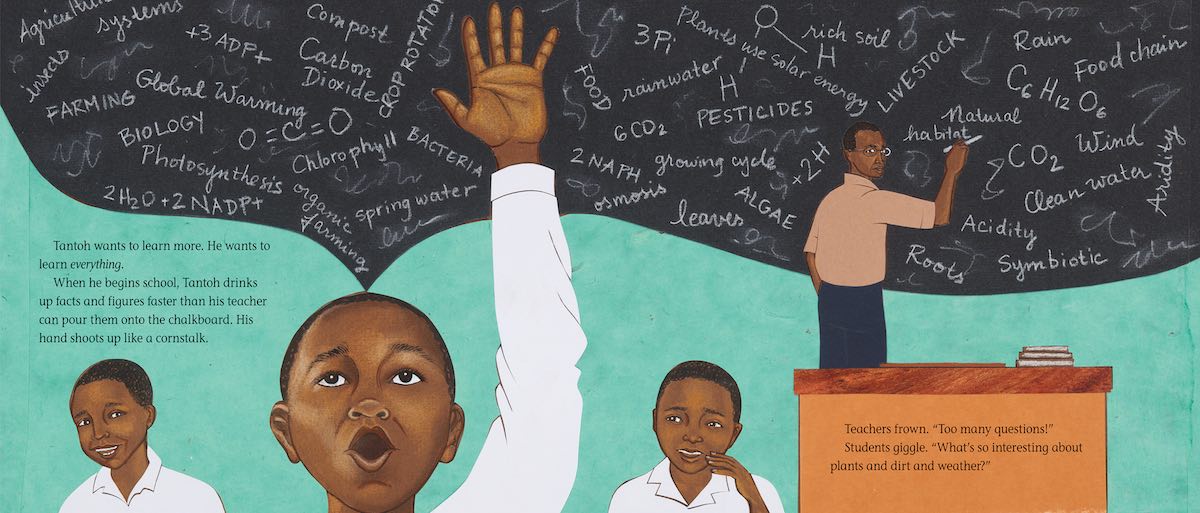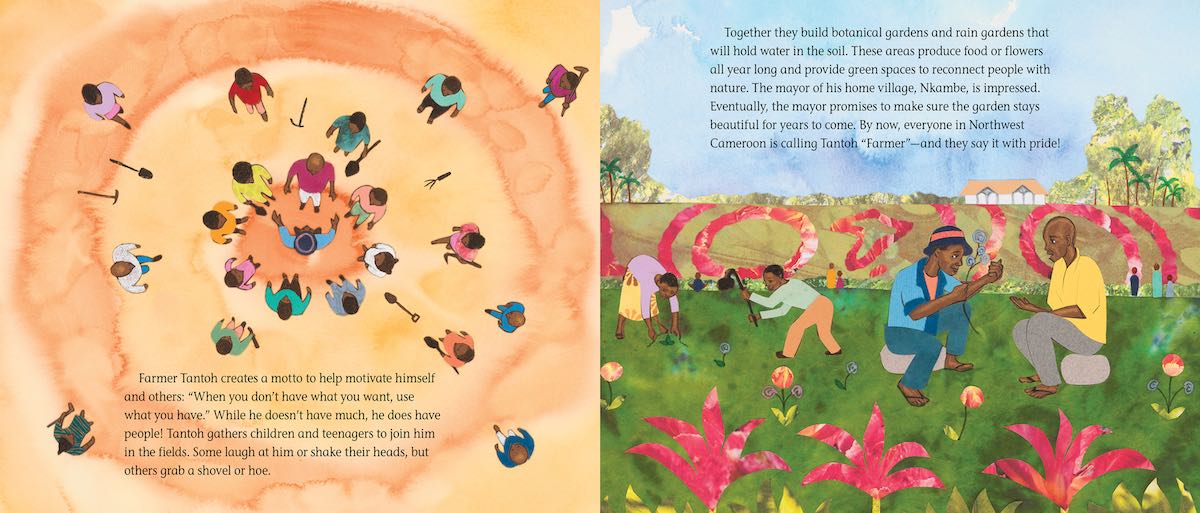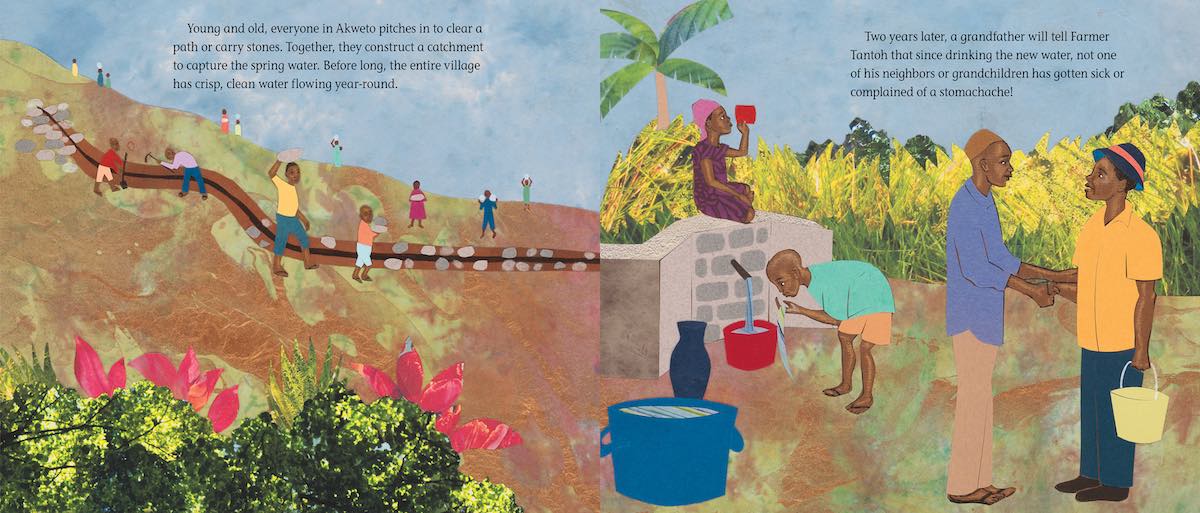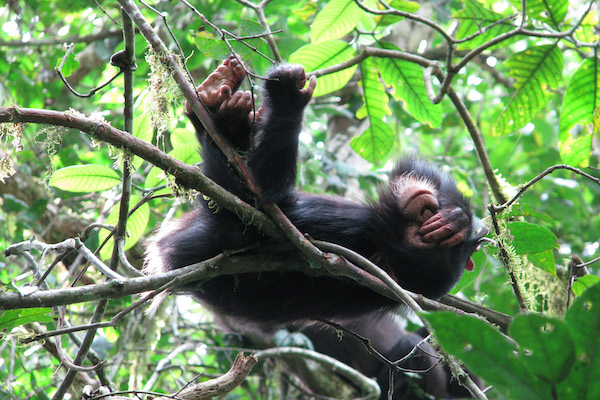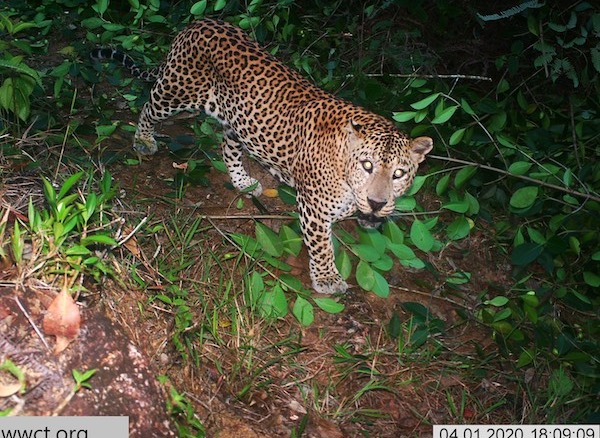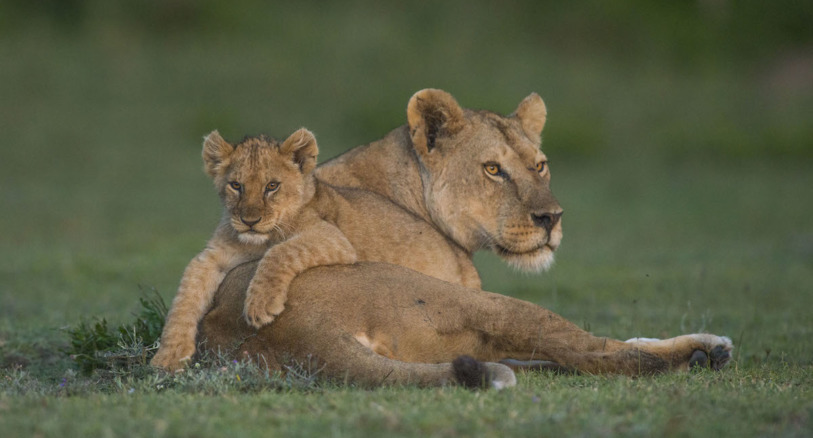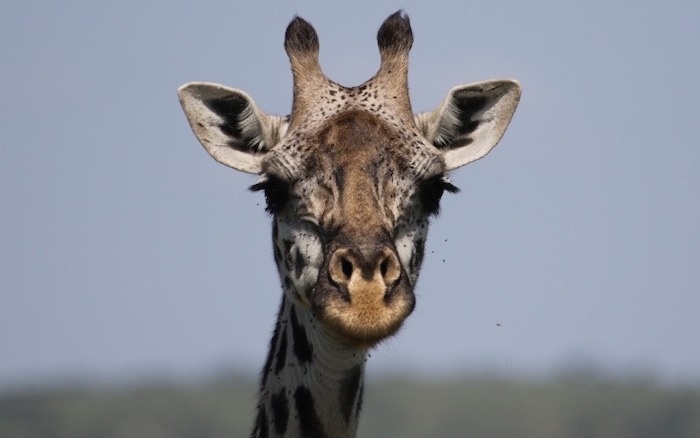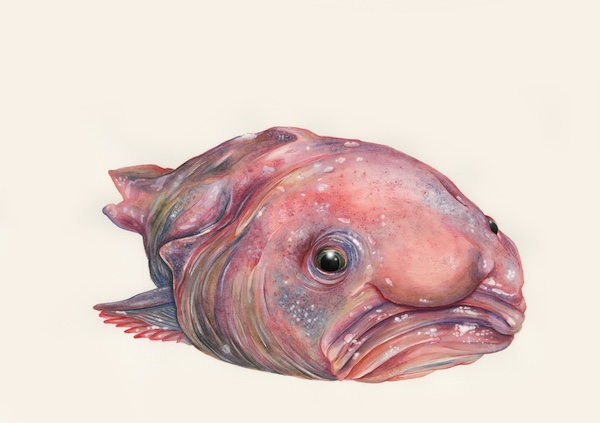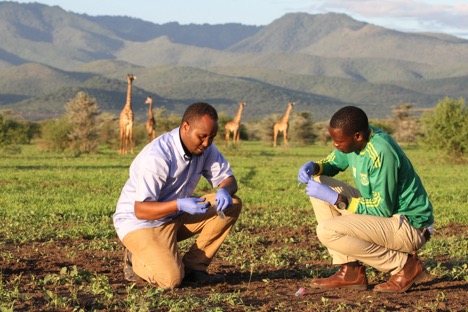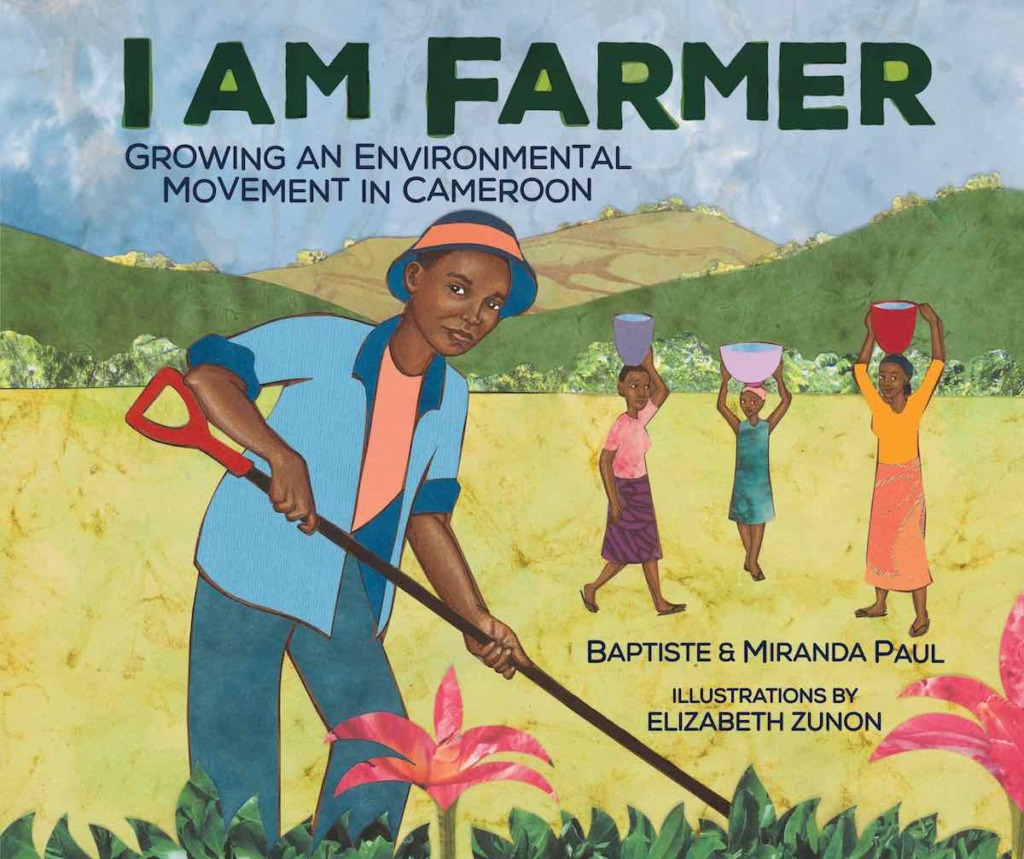
This beautiful picture book tells the story of Farmer Tantoh Nforba’s inspiring work to bring clean water and gardens to Cameroon. I Am Farmer is written by Baptiste and Miranda Paul, published by Lerner Publishing, and illustrated by Elizabeth Zunon.
Doug Beetle talks with:
Author
Baptiste Paul
Environmentalist
Tantoh Nforba
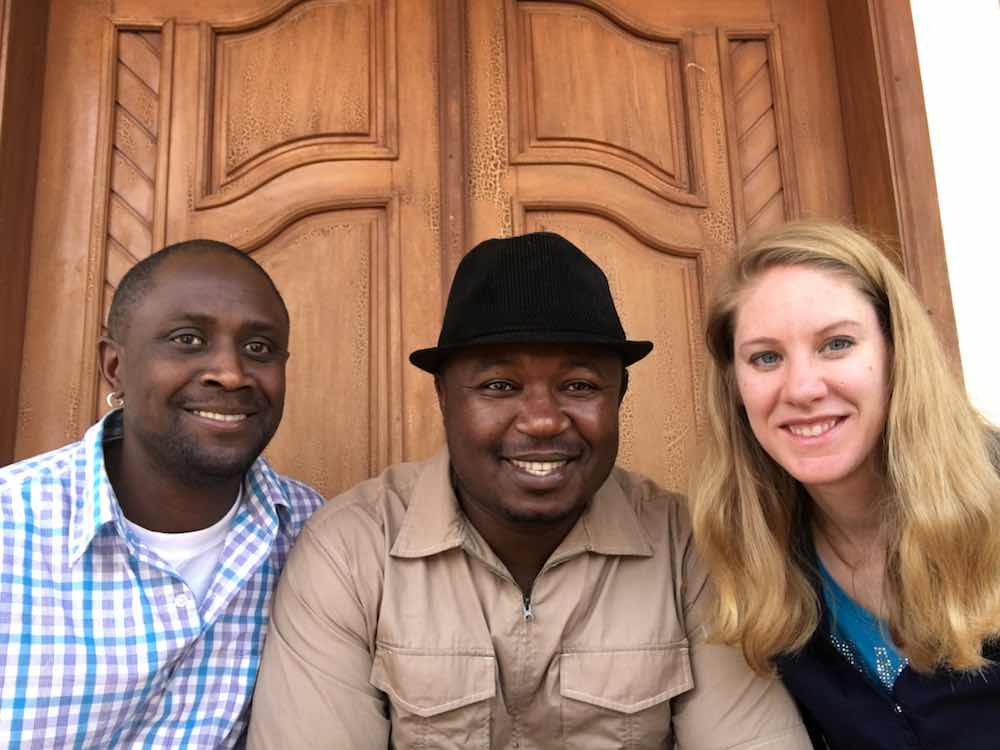
Authors Baptiste Paul (left) and Miranda Paul (right) with Tantoh Nforba (center). Image: Miranda and Baptiste Paul.
Baptiste Paul is a man of many talents — from woodworking to gardening to entertaining children for hours on end. Born and raised in the West Indies (St. Lucia), Baptiste is a native Creole/Patois speaker and enjoys roasting his own coffee and chocolate. He is the author of multiple books for children, including The Field, I Am Farmer, and To Carnival. More at mirandapaul.com.
Farmer Tantoh Nforba is an environmentalist and farmer who is transforming the landscape in his home country of Cameroon. When Tantoh Nforba was a child, his fellow students mocked him for his interest in gardening. Today he’s an environmental hero, bringing clean water and bountiful gardens to the central African nation of Cameroon.
Interview with Baptiste:
Doug Beetle: How did you learn about Farmer Tantoh’s work with farming and using plants to clean water, and what inspired you to write his story?
Baptiste: While I was in Cameroon doing research for I Am Farmer I saw the sites where Tantoh used plants to help filter the water. He explained that the roots of the plants act as a filter and protect the water source.
At one of the sites, Tantoh mentioned that he dug really deep and he did not stop until he saw certain microorganisms in the water. He explained that after seeing those organisms he knew that the water was fresh.
Access to clean drinking water is still a challenge for a lot of people around the world. Growing up, I had to haul water from the river before and after school.
When I learned about Tantoh’s story, I remembered my own struggles with access to safe drinking water and I was inspired to get to know more about his work.
Doug Beetle: What was the process of writing I Am Farmer like? How did you do your research for the book and how many drafts of the story did you do?
Baptiste: Before we wrote I Am Farmer, we wanted to know if this was okay with Tantoh. After he agreed to have us work on the story, we sent him a few questions just to get a general feel.
Like most writers, we wrote a few drafts and did several revisions. In the end, it is important to note that it took more than eight years from the time we first met Farmer Tantoh before the book came out.
This story was sold to the publisher as a proposal. We knew we would have to travel to Cameroon to do the research. We also knew it would be expensive. Our entire advance plus our own money was used to fund the trip.
Miranda and I believed that it was important for us to travel to Cameroon to research this book. As part of the process we conducted numerous interviews, recorded videos and took photos everywhere we went.
Doug Beetle: If a young person sees an environmental issue or an inspiring person that they want to write a story about, what is your advice on how to get started doing that?
Baptiste: That’s a great question. Whether it’s a person or an environmental issue, I would suggest that the individual start off by doing some research.
Gain the proper knowledge and take action. If you believe the environmental issue has an impact or the world can benefit from that person then go ahead and write the story.
Doug Beetle: What would you most like readers of I Am Farmer to take with them from learning Farmer Tantoh’s story?
Baptiste: All my life I have been surrounded by activists, just like Tantoh. People who want to make this world a better place. People who want to improve the lives of others through selfless acts.
Tantoh’s story is remarkable. He saw a need and he took action. You can too.
Preview of the book:
teacher resources
Visit Miranda and Baptiste's webpage for teacher resources to go with the book. Then, scroll down or search "I am Farmer."
Interview with Farmer Tantoh:
Doug Beetle: What is your first memory of loving plants and wanting to learn about how they work?
Tantoh: I fell in love with plants at the age of 6 when my grandmother took me from the city to live with her in the village.
She bought onions on the way and while in the village, I took some onions that were about to germinate and sneaked them under a banana tree. I always admired the roots of the onions and its leaves as they were sprouting.
I later on developed interest in planting bananas, nursing coffee, etc., and my grandmother started teaching me how to plant them.
Doug Beetle: How old were you when you realized that you wanted to work with plants as a job when you grew up? What steps did you take to make that possible?
Tantoh: I was 12 years old by then and fell in love with agriculture, environment, biology, geography etc. I was always experimenting with different types of plants and at the age of 16, I started keeping records and photos of everything I planted.
Doug Beetle: Many people take plants for granted and do not pay much attention to them. What would you like young people to notice about the plants around them and learn about them?
Tantoh:
I want young people to know that every plant on planet Earth, created by nature, has its importance.
Food crops provide food that sustains us daily, ornamental plants make the environment look more beautiful, trees helps to regulate climate change, green lawn prevents us from dust and makes the environment beautiful, and medicinal plants helps cure various diseases.
Plants create jobs in horticulture industries, agricultural industries. If young people invest in plants, they can make a living out of plants.
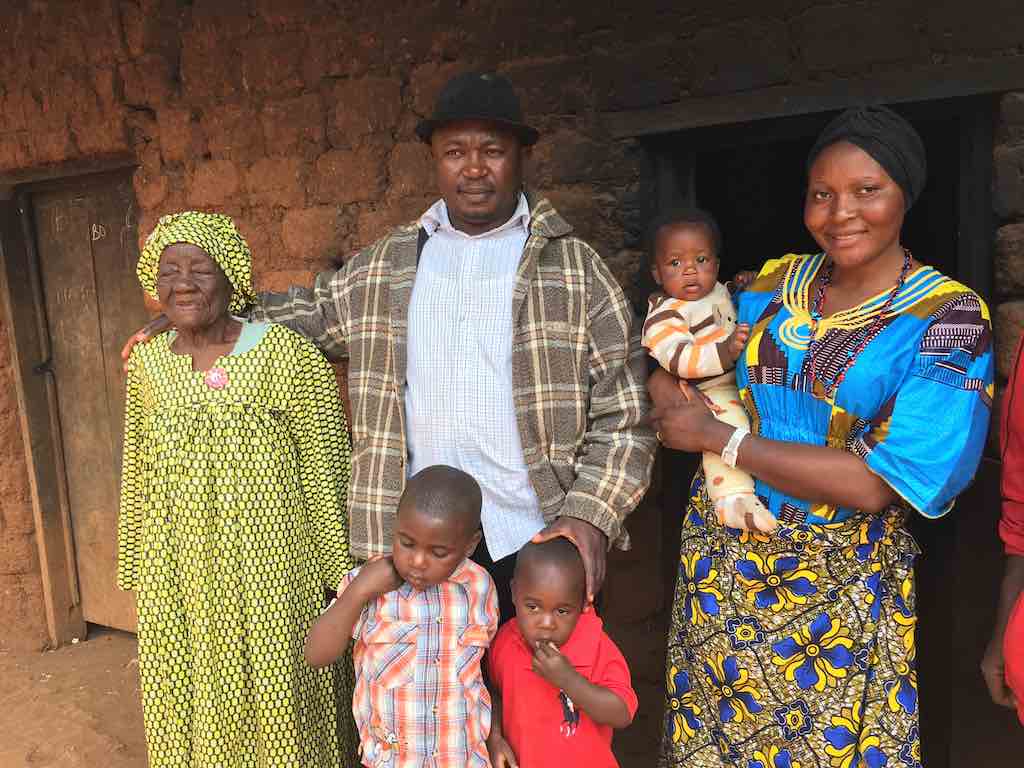
Doug Beetle: When you were a kid, people made fun of you for wanting to work with plants and be a farmer. You ignored what other people thought, persevered, and succeeded in realizing your dream.
What advice do you have for young people who have a dream or goal for what they want to do when they grow up that other people make fun of?
Tantoh: In order to succeed in your dreams, young people should understand that nothing good comes easy.
As you are working hard towards your goals, beware there are always dream killers (who could be your immediate family, friends, relatives, etc.). Ignore them and remain focused in achieving your dreams.
You will fail several times as you are pursuing your dreams, but remember, if you keep on trying 99 times and don’t succeed, you will succeed the 100th time. Tough times never last, but tough people do.
Always go closer to those who have made it and look up to them as role models. Have in mind that you have a PhD in your goals (Persistence, Hope and Dedication).
Doug Beetle: What advice do you have for young people who are interested in working in agriculture?
Tantoh: They should try to get an education in the field of agriculture – either a diploma, degree, etc. Since the agriculture field is so wide, they should choose carefully the sector of agriculture that they have fallen in love with and explore all the opportunities in that sector. They should focus in agribusiness if they want to make more money.
Cameroon is in central Africa
Doug Beetle: You use plants to help communities in Cameroon clean up dirty water. How do plants help clean the water, and how did you think of using plants for this task?
Tantoh: Naturally, the roots of plants helps to stabilize the water table and filter impurities and sediments that could have contaminated the water.
There are special plants in Cameroon like elephant grass, Aframomum, kikuyu grass, etc. that when planted in water catchments, their root system penetrate right into the spring sources and filter the water naturally so much so that the water doesn’t need any additional filtration.
Also roots of pants like vetiver grass when harvested, washed and put in water, helps to kill germs thus enabling the water to be safe for drinking.
Doug Beetle: For readers who may not know much about your country, what would you like people to know about Cameroon?
Tantoh: Cameroon is called Africa in miniature, because every physical feature you see in Africa is found in Cameroon, ranging from equatorial rainforest to the tropical savannah, to the Sahel in the north, where the desert is encroaching.
Cameroon is located in central Africa, has two official languages (French and English) but has got more than 250 native languages spoken all over the country. It has a population of 27 million people.

